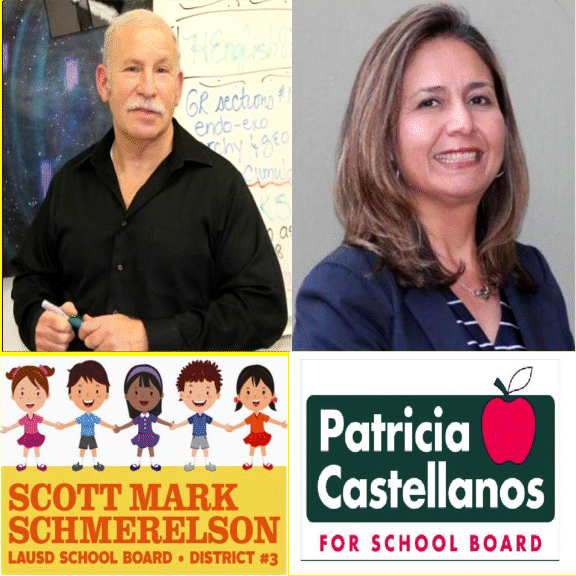A bit of personal history: I live in the first state to launch statewide standardized assessments, back in 1969-70. Every single one of the 32+ years I taught, in every school, at least some of my Michigan students were taking state-sponsored standardized tests. Honestly, I didn’t think about it much.
In the 1970s, we had the MEAP test for 4th, 7th and 10th grades—two to three days’ worth of testing blocks, in the fall. Teachers understood they were tests of basic skills, and the best strategy was simply reviewing traditional concepts. A couple of times, one of the elementary schools in the district where I taught had a 100% pass rate. Because, on the MEAPs, students either did well enough to meet the grade-level benchmark, or they didn’t.
Schools with low pass rates got more money. The state legislature thought more intensive instruction would help children whose critical skills were weak. For the rest, well—the annual check-up was over.
Those were the days.
What this means is that Michigan stands as the first state to have 50 years of testing data, from a wide array of tests. We had state-created tests, aligned with state-crafted standards. For a while, all our juniors took the ACT, whether they were college-bound CONTINUE READING: It’s the Right Time to Stop the Overdose of Standardized Testing | Teacher in a strange land



































